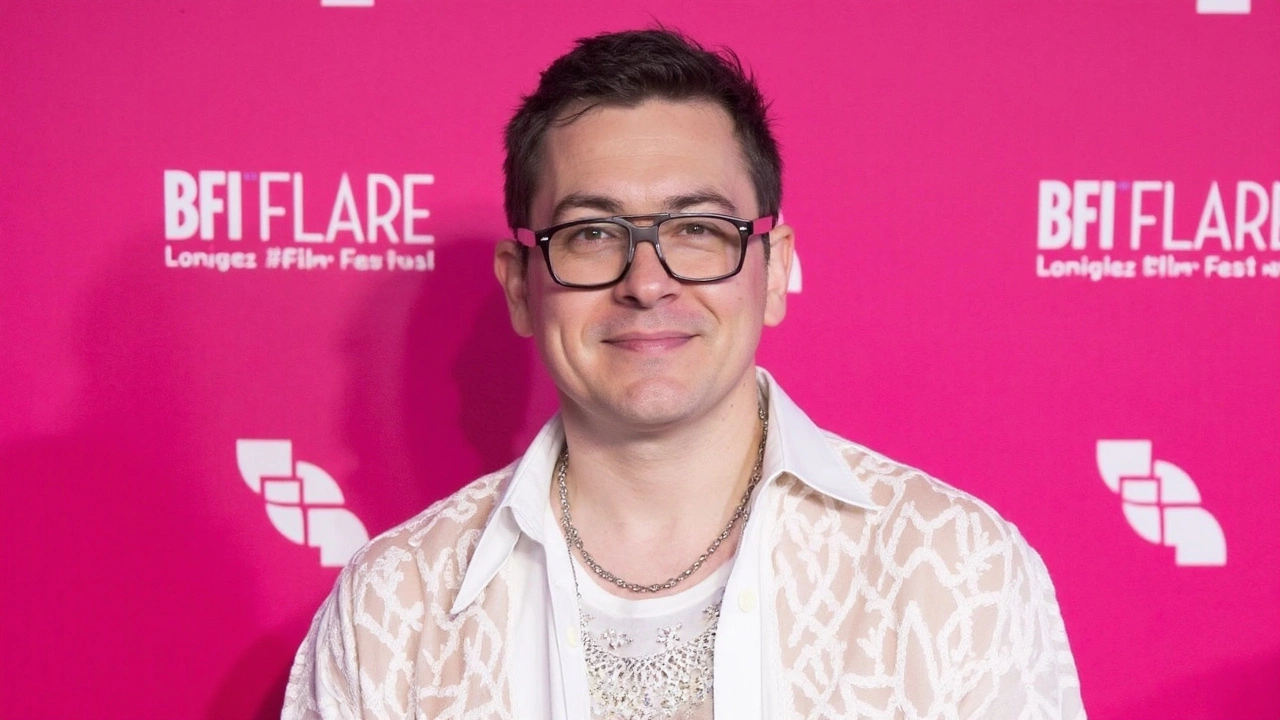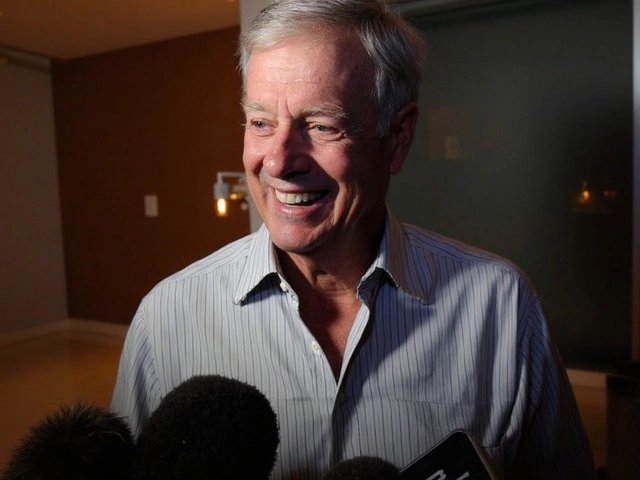Actor Bowen Yang, known for his comedic prowess on 'Saturday Night Live', views the release of Universal's 'Wicked' film adaptation as something of a miraculous event given the world's present political climate. He openly expressed his thoughts on how the film, rooted in themes of racism and fascism, resonates deeply with our current societal landscape. Yang's remarks highlight the difficulties often faced when introducing such charged material to mainstream viewers, especially at a time rife with division and tension.
'Wicked', originally a beloved Broadway musical, delves into the intricacies of power structures and societal inequalities, wrapped in a tale of witches and wizards. But beyond its enchanting surface, it weaves a narrative tackling systemic oppression. With themes mirroring real-world issues of race and political authority, its story is more relevant now than ever.
This relevancy is precisely what Yang acknowledges as key to the film's impact. In a world increasingly vocal about issues of race and justice, having a major production like 'Wicked' come forth to challenge and provoke thought is significant. The adaptation seems to push against the backdrop of our times, boldly engaging audiences on topics that are sometimes swept under the rug or considered too controversial for the mainstream.
Yang's admiration for the film’s capability to permeate mainstream audiences and provoke reflection on systemic issues speaks volumes. It's not just a musical; it's a narrative that echoes a stance against complacency in the face of societal injustice. In a divided political era, where sides are more entrenched than ever, 'Wicked' stands as a potent reminder to question and reflect.
The journey of 'Wicked' from Broadway sensation to a film audiences can access worldwide has always been anticipated with excitement, yet its release amidst a politically charged atmosphere adds layers of meaning. Yang's commentary pulls back the curtain on what it means to tell these stories now, affirming the role of art not just to entertain, but to challenge prevailing norms and inspire dialogue.





